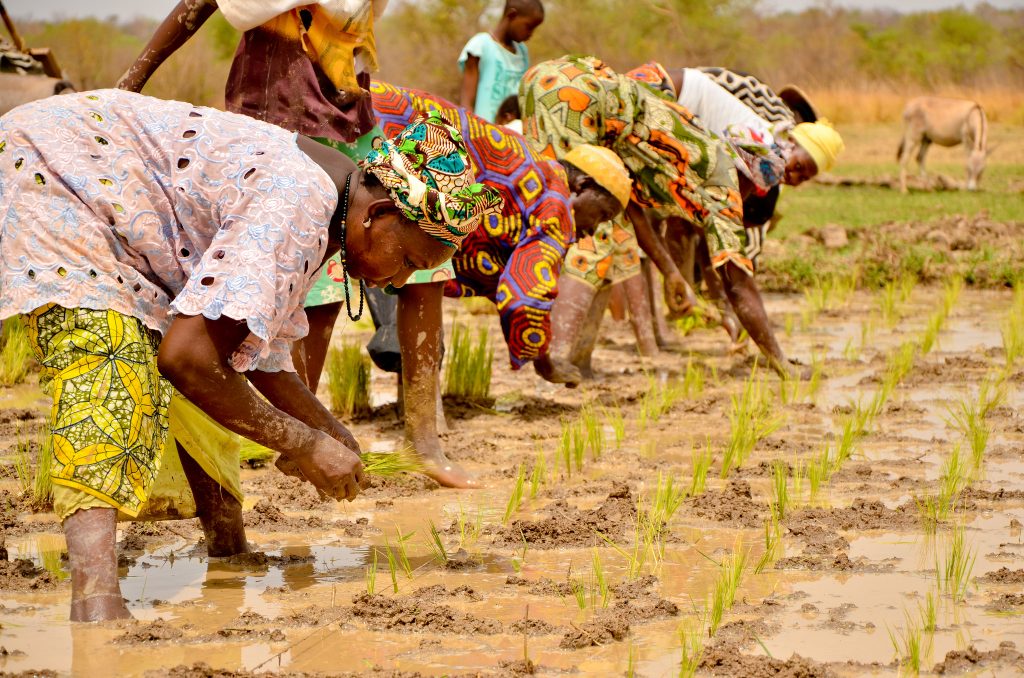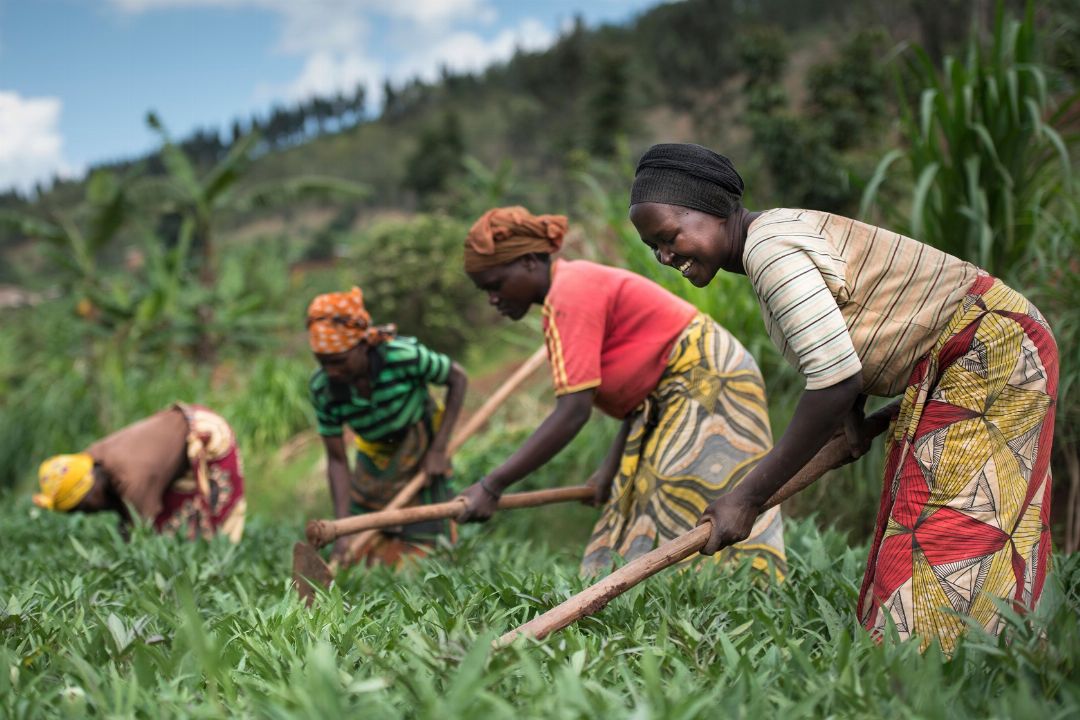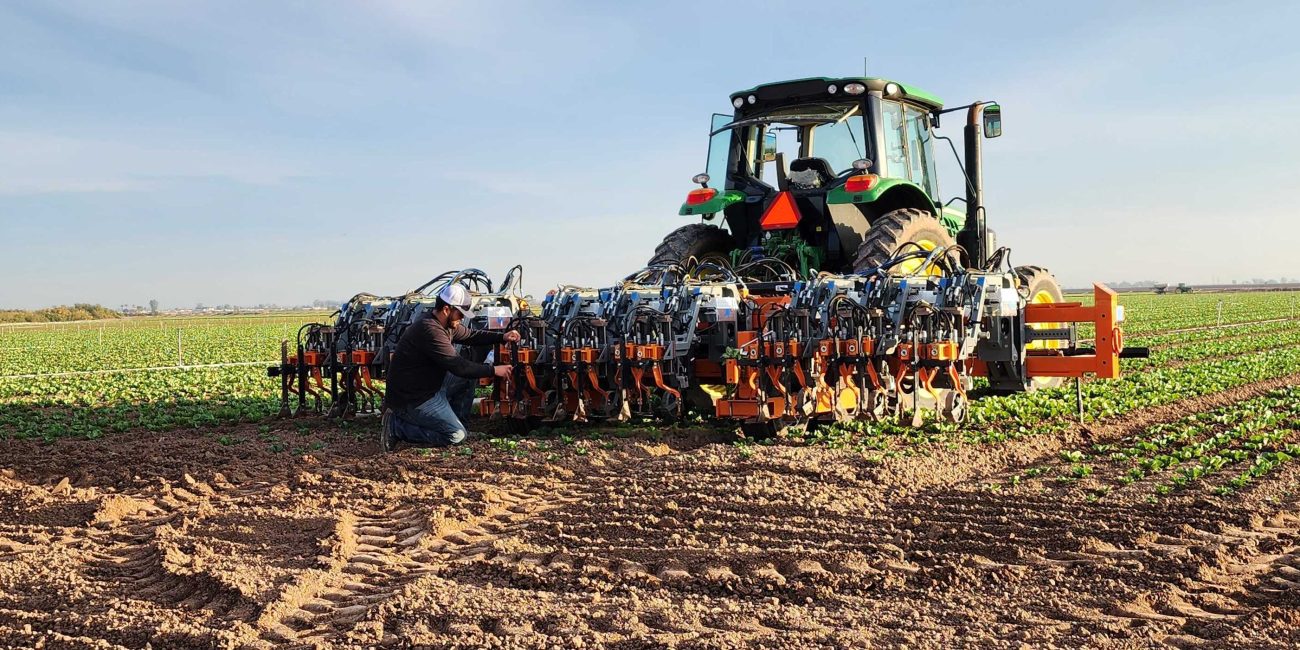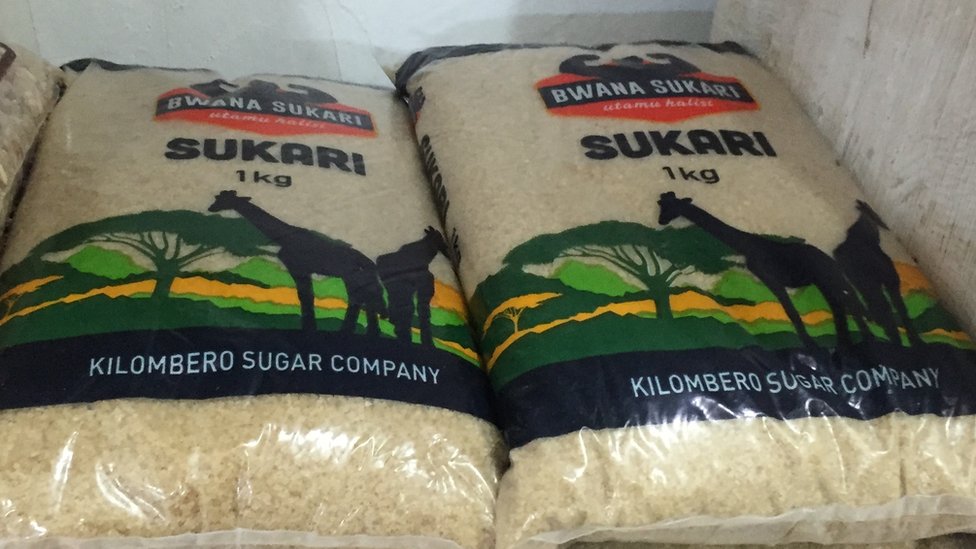Tanzania’s agriculture sector is a vital lifeline for its economy, providing sustenance for its people and contributing significantly to the nation’s Gross Domestic Product (GDP). However, like many developing nations, Tanzania faces a significant funding gap that often hinders the growth and modernization of its agriculture sector.
Africa’s Food Systems Forum 2023 (AGRF) 2023 emerges as a beacon of hope, promising to usher in a new era of financial infusion and innovative strategies to bridge these funding gaps. This article delves into the potential of AGRF 2023 as a catalyst for change, exploring the innovative financing models, partnerships, and investment opportunities it offers.
The AGRF 2023 is more than just an event; it’s a confluence of ideas, expertise, and resources. Bringing together stakeholders from across the globe creates a fertile ground for the germination of innovative financing models and partnerships. These collaborations are expected to address Tanzania’s agricultural funding shortfall.
The conference showcased a variety of innovative financing models tailored to the unique needs and challenges of Tanzania’s agriculture sector, from blended finance models that combine public and private funds to impact investing focused on sustainable agricultural practices.
By forming alliances with international donors, financial institutions, and private sector players, Tanzania can leverage a vast pool of resources to bolster its agriculture sector. AGRF 2023 served as a platform to highlight the myriad investment opportunities that Tanzania’s agriculture sector offers.
Beyond AGRF: Sustaining the Momentum
The potential impact of AGRF 2023 extends beyond the conference itself. It’s about building a long-term vision for agricultural development in Tanzania. However, the real challenge and opportunity lie in sustaining and building upon the momentum generated during the forum.
Also read: The AGRF 2023 Summit: A Panacea for African Agricultural Glitches?
Policy Reforms:
The discussions and agreements forged during AGRF 2023 could catalyze crucial policy reforms to create a conducive environment for investments and financial support in the agriculture sector. For instance, adjusting interest rates or creating agricultural subsidies could make a substantial difference. These policy shifts, backed by data-driven insights from the forum, could significantly improve the funding landscape in the long term.
Capacity Building:
Sustained capacity-building efforts are pivotal for ensuring that the financial resources channelled into the sector are utilized efficiently. According to a report by the FAO, training and education can increase farm productivity by 22.6%. Hence, continuous training programs could be a game-changer in maximizing the benefits of the financial influx. Through its agriculture ministry, the government can invest in systems to ensure continuous capacity building, building on the momentum set by conferences such as AGRF 2023.
Creating a Sustainable Funding Ecosystem:
Establishing a self-sustaining funding ecosystem is the linchpin for long-term financial stability in Tanzania’s agriculture sector. This involves promoting innovative financing models like blended finance and impact investing, which were explored during AGRF 2023. Fostering a culture of entrepreneurship and innovation in agriculture can attract more private-sector investments. According to the World Bank, private sector investments are crucial for bridging the annual funding gap of $93 billion faced by Sub-Saharan Africa’s food system.
Technology Adoption and Digital Financial Services:
By leveraging digital platforms for credit access, insurance, and market linkages, farmers can overcome traditional financial barriers. For instance, mobile money services like M-Pesa have revolutionized financial access in East Africa, and similar innovations could be pivotal in improving financial access for Tanzanian farmers.
Engagement with International Donors and Financial Institutions:
Continuous engagement with international donors, financial institutions, and private sector players is crucial for attracting sustained funding and technical support. Establishing long-term partnerships and alliances can ensure a steady flow of financial resources and expertise into the sector.
The path towards creating a sustainable financial ecosystem for Tanzania’s agriculture sector is a complex yet achievable endeavour. The strategies and partnerships fostered during AGRF 2023 provide a solid foundation. However, the real success will be gauged by how these strategies are nurtured, adapted, and built upon to create a lasting impact beyond the event.
With a concerted effort from all stakeholders involved, Tanzania can traverse the financial chasm, ushering in a new era of agricultural prosperity and food security.




